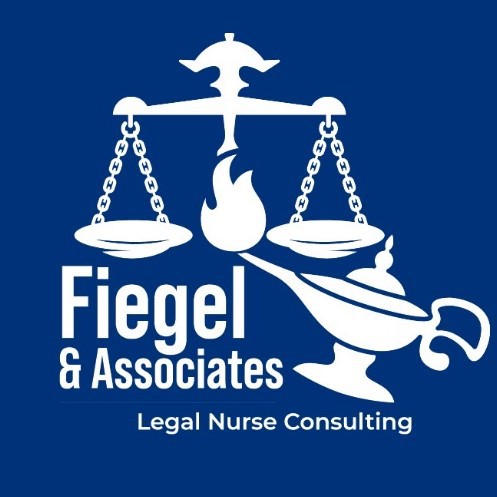Personal injury (PI) cases are oftentimes referred to as nonprofessional negligence cases. Personal injury can include malpractice, but attorneys typically distinguish between medical malpractice and other negligence that does not include healthcare professionals/organizations.
Examples of personal injury cases include but are not limited to the following:
~ Automobile accidents
~ Premises liability cases – when owners or renters are careless in maintaining their space: slips, falls, high-stacking injuries, physical assault, sexual assault
~ Liquor liability cases
~ Dog bite cases
~ Sports injury cases
~ Babysitter negligence
~ Plane/train crashes
In most cases, a personal injury case is against the person, company or other entity that is responsible for the injury.
To win a personal injury case, the plaintiff must prove the defendant had some kind of obligation and the defendant failed to live up to the obligation (either intentionally or negligently). The plaintiff will also need to prove the defendant was solely responsible for the injury through their actions or inactions and that there were losses suffered for which the defendant can receive compensation. Compensation can include medical bills, lost wages, pain and suffering, and emotional distress.
A CLNC’s role in a personal injury case includes:
~ Investigate/screen the case for merit
~ Summarize, translate, and interpret medical records
~ Identify expert witnesses
~ Conduct literature searches and integrate the literature and standards into the case analysis
~ Prepare interrogatories and requests for production
~ Prepare deposition and trial questions
~ Develop written reports (brief/long narratives and chronological timelines)
~ Identify and recommend potential defendants
For further information, check out our website at www.legalfiegel.com

